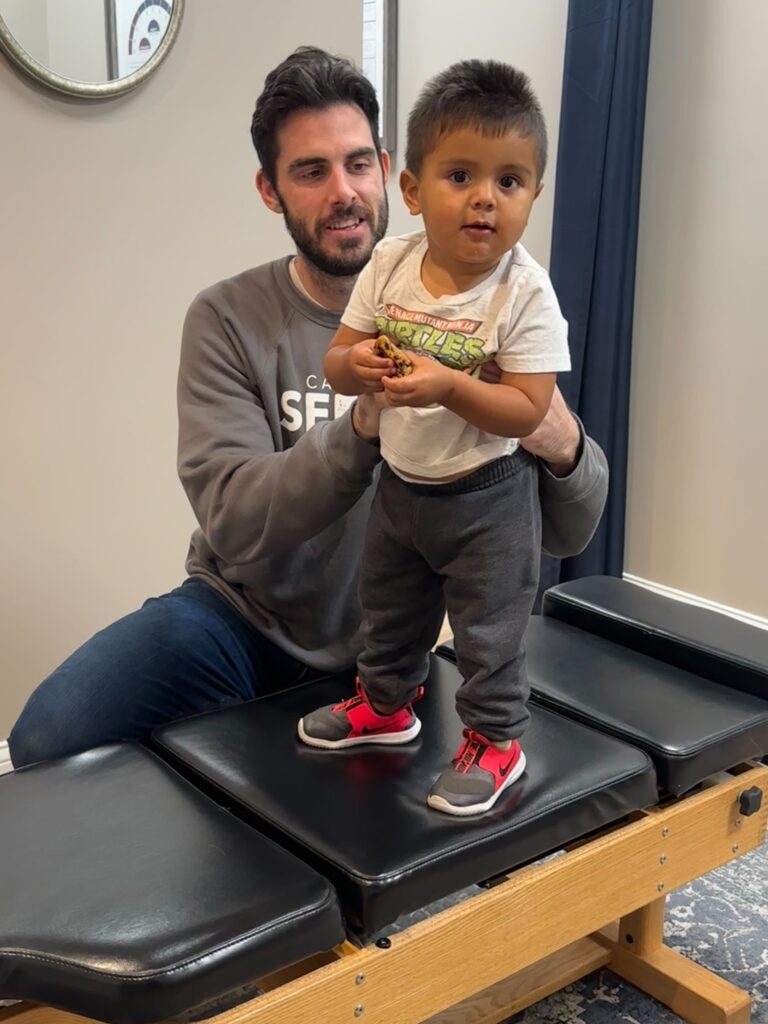
Let me paint a familiar scene: You’re pushing your cart through the grocery store when suddenly your little one erupts into tears, screams, and flailing limbs. As other shoppers glance your way, your cheeks flush, and your heart races. At that moment, you might feel like the worst parent in the world – but I’m here to tell you that you’re not alone and you’re doing better than you think.
The Truth About These Challenging Moments
Here’s something that might surprise you: those dramatic outbursts your child experiences aren’t all the same. Some are tantrums (yes, those classic “I want that toy!” moments), while others are actually meltdowns – and knowing the difference can completely change how you help your child through them.
Tantrums: The “I Want It!” Episodes
Think of tantrums as your child’s early attempts at negotiation. They typically happen when:
- Your little one really wants that shiny new toy
- It’s time to leave the park (but they’re having too much fun!)
- Bedtime rolls around (and they’re definitely not tired… or so they claim)
During a tantrum, your child is still in the driver’s seat. They’re making conscious choices, even if those choices involve screaming on the floor. They’re watching for your reaction and, let’s be honest, hoping their dramatic display will change your mind.
Meltdowns: When Your Child’s Brain Goes into Override
Now, meltdowns are a whole different story. Imagine your child’s brain like a computer that’s had too many programs running at once – eventually, it crashes. During a meltdown, your child isn’t choosing their behavior; their nervous system is in complete overload.
Signs you’re dealing with a meltdown rather than a tantrum:
- It seems to come out of nowhere (or after a build-up of small stresses)
- Your child can’t tell you what they want
- They’re not watching for your reaction
- Giving in to their original request doesn’t help
- The episode lasts longer (often 20+ minutes)
- Your child shows signs of genuine distress rather than frustration
Your New Game Plan
When it’s a tantrum:
- Stay calm (easier said than done, I know!)
- Set clear boundaries with love
- Wait it out – this too shall pass
- Avoid giving in just to stop the behavior
When it’s a meltdown:
- Focus first on safety
- Reduce sensory input (dim lights, quiet voices, calm environment)
- Stay close and offer gentle reassurance: “I’m here with you”
- After the storm passes, offer calming activities like:
- Sips of cold water
- Deep pressure hugs
- Quiet breathing exercises
- A favorite calm-down toy or activity
The Bigger Picture: Understanding Your Child’s Nervous System
Here’s something fascinating: your child’s ability to handle stress and emotions isn’t just about discipline or parenting – it’s deeply connected to their nervous system development. Just like some kids are naturally more flexible or musical, some children’s nervous systems are more sensitive to their environment.
Taking Action: Supporting Your Child’s Emotional Health
Consider these proactive steps:
- Learn your child’s early warning signs of overwhelm
- Create a “calm down corner” at home before it’s needed
- Establish predictable routines to reduce daily stress
- Consider consulting with professionals who understand pediatric nervous system development if meltdowns are frequent
A Breakthrough Solution: Supporting Your Child’s Nervous System
While all the strategies we’ve discussed are valuable tools in your parenting toolkit, I want to share something that could be truly transformative for your family – especially if you’re dealing with frequent meltdowns that seem resistant to traditional approaches.
Here’s the game-changing insight: many challenging behaviors actually stem from nervous system imbalances that make it harder for children to handle stress and regulate their emotions. Think of it like a car’s shock absorbers – when they’re not properly aligned, every bump in the road feels more intense.
This is where Neurologically-Focused Chiropractic Care comes in, offering a unique and powerful approach to supporting your child’s emotional resilience. Unlike traditional approaches that might just address surface behaviors, this specialized care gets to the root of the issue – your child’s nervous system function.
How Does It Work?
Neurologically-Focused chiropractors use advanced assessments (including specialized tools like INSiGHT Scans) to identify areas where your child’s nervous system might be struggling to maintain balance. They can spot patterns of stress and tension that might be making it harder for your little one to cope with daily challenges.
Taking the Next Step
If you’re interested in learning more about how Neurologically-Focused Chiropractic Care could help your family, please reach out to PWC Chiropractic today! If you are not local to us, the PX Docs directory can connect you with a PX Doc in your area. The PX Docs in our network understand the delicate balance between a child’s nervous system development and their emotional regulation abilities.
Remember: A calmer, more resilient foundation for your whole family is possible – and sometimes, it starts with addressing these underlying nervous system patterns.
Whether you’re dealing with occasional tantrums or frequent meltdowns, know that you’re not alone on this journey. Every step you take to understand and support your child’s emotional development – whether through the strategies we’ve discussed or exploring specialized care options – is an investment in their future well-being.
Here’s to building stronger, more resilient families, one step at a time.
Here are 3 ways we can help!